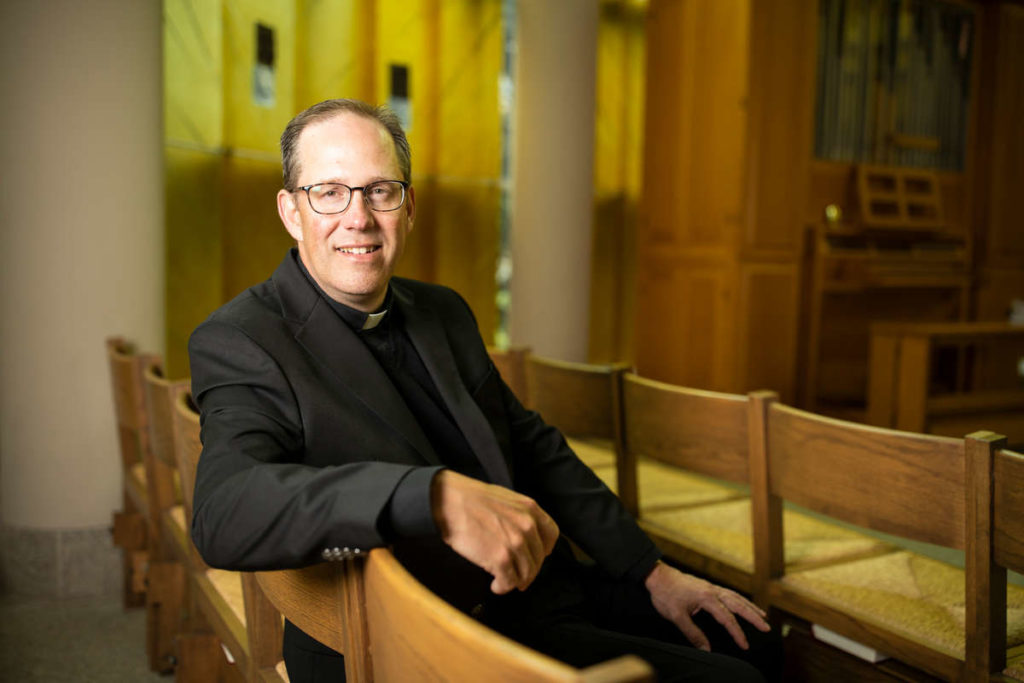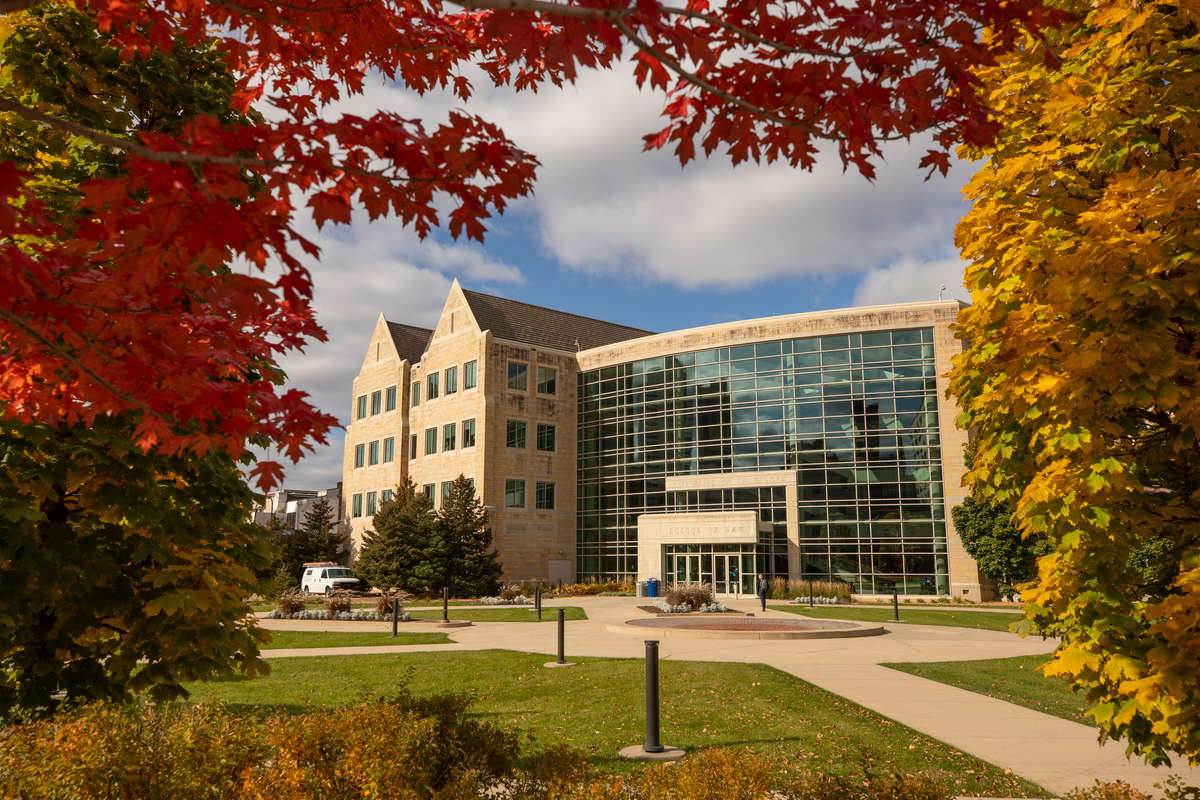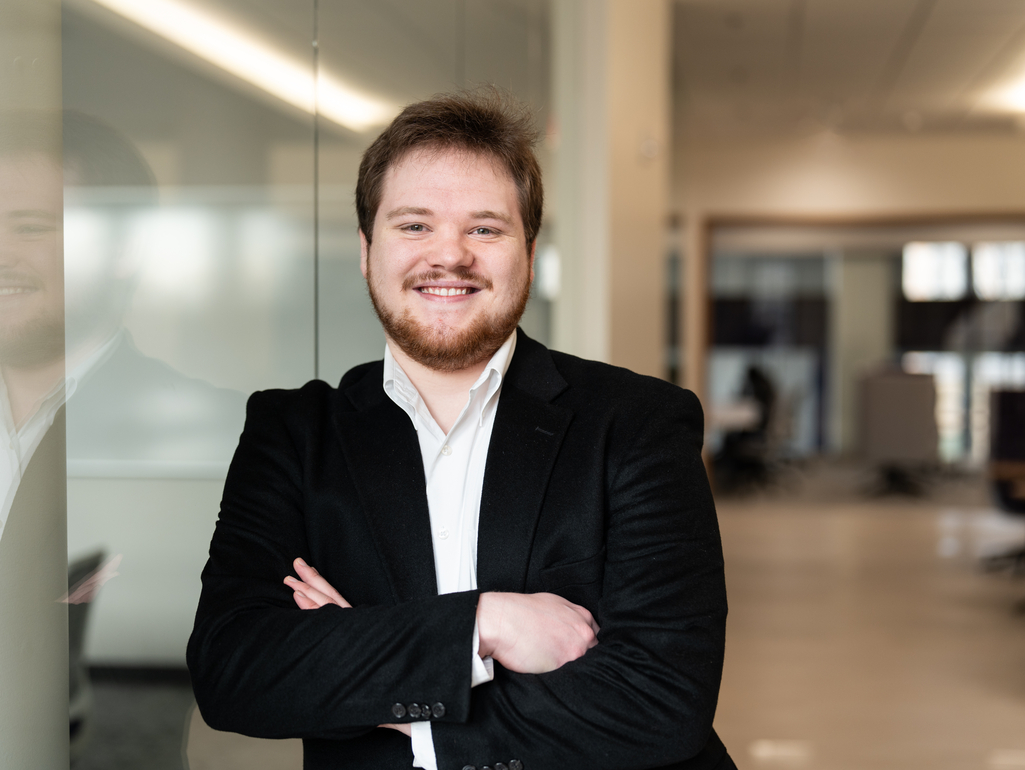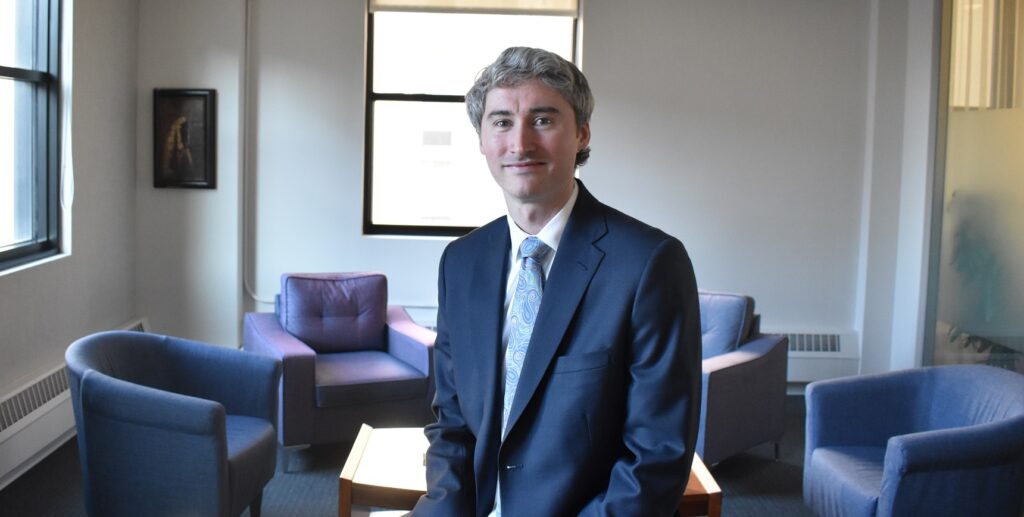Lawyers have the potential to facilitate healing, build bridges and bring about a more just and inclusive society when they utilize restorative justice practices within our courts and communities.
This is the driving idea behind the new Initiative on Restorative Justice and Healing (IRJH) at the University of St. Thomas School of Law, which was officially launched on Sept. 8. During an event at the Minneapolis Club, Founding Director Father Daniel Griffith, along with other program leaders, shared their vision for the new initiative.
“I am heartened by the launch of the Initiative on Restorative Justice and Healing," Griffith said. "It is a vital time to foster greater justice and healing in our community and I look forward to the contributions that IRJH can make to informative dialogue and meaningful change.”

Restorative justice is a worldwide movement that dates to the 1970s. Its concepts have been successfully used in a variety of settings and professions, including education and law. It seeks to respond to harm, and in some cases a crime, in ways that lead to healing and reconciliation. The approach creates outlets for victims to share the impact of a perpetrator’s actions and for those who have caused harm to understand and accept responsibility for their behavior.
These opportunities do not always exist within the criminal justice system, which focuses primarily on punishment for offenders, without addressing the emotional repair that is needed by all parties.
The IRJH, grounded in the Catholic intellectual tradition and aligned to St. Thomas Law’s social justice mission, is committed to educating law students and the legal community about restorative justice and providing them with tools they can use as an alternative or complement to traditional punitive systems.
“I am excited about the nexus between the focus of the Initiative on Restorative Justice, the mission of St. Thomas Law and the formation of lawyers who can serve and accompany their clients with compassion and empathy,” Griffith said.
Since restorative justice practices have a broader application than just the legal system, the IRJH also plans to offer programming that will foster dialogue and promote healing in the community. Its work will focus specifically on racial injustice, sexual abuse by clergy and institutional failures within the Catholic church and societal polarization.
“This work is a powerful example of the law school’s mission in action – combining legal expertise with empathy, concern for the whole person, and the transformative power of human connection," School of Law Dean Robert Vischer said. "Leadership in the restorative justice movement is a natural outgrowth of our commitment to advance the common good.”
- Learn more:
- Restorative Justice Grows at St. Thomas (St. Thomas Lawyer magazine, winter 2020)
- Symposium on Restorative Justice, Law and Healing (St. Thomas School of Law, October 2019)







